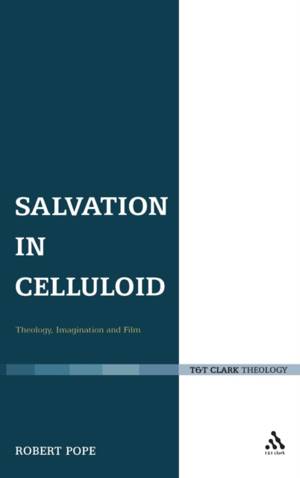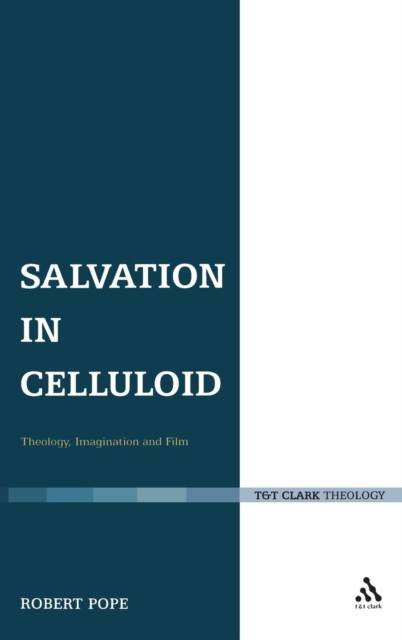
Bedankt voor het vertrouwen het afgelopen jaar! Om jou te bedanken bieden we GRATIS verzending (in België) aan op alles gedurende de hele maand januari.
- Afhalen na 1 uur in een winkel met voorraad
- In januari gratis thuislevering in België
- Ruim aanbod met 7 miljoen producten
Bedankt voor het vertrouwen het afgelopen jaar! Om jou te bedanken bieden we GRATIS verzending (in België) aan op alles gedurende de hele maand januari.
- Afhalen na 1 uur in een winkel met voorraad
- In januari gratis thuislevering in België
- Ruim aanbod met 7 miljoen producten
Zoeken
€ 373,45
+ 746 punten
Omschrijving
Much work in the field of theology and film lacks a really theological focus. This book suggests a methodology based on the recognition of the imagination as the fundamental category in producing and interpreting film. The argument is presented that the imagination holds theological significance when it is conceived of in certain ways. As a result, the book adopts the 'paradigmatic imagination' (an imagination which works within the paradigms of scripture) or 'theological imagination' (one grounded in theological forms), which is both noetic (it is the image-making faculty of the mind) and almost ontological (it is that which draws human beings into the future which they are able to construct or bring into being).
Once the theological (paradigmatic) imagination has been identified and justified, its insights will be applied to 'Jesus films' and 'Christ figure films' asking whether or not they provide us with valid Christological understanding. Films with redemptive or salvific themes are discussed as is the popularity of mythical stories and animation. The final chapter will make the case that the engagement of the theological imagination with film is a method in practical theology.
Once the theological (paradigmatic) imagination has been identified and justified, its insights will be applied to 'Jesus films' and 'Christ figure films' asking whether or not they provide us with valid Christological understanding. Films with redemptive or salvific themes are discussed as is the popularity of mythical stories and animation. The final chapter will make the case that the engagement of the theological imagination with film is a method in practical theology.
Specificaties
Betrokkenen
- Auteur(s):
- Uitgeverij:
Inhoud
- Aantal bladzijden:
- 224
- Taal:
- Engels
- Reeks:
Eigenschappen
- Productcode (EAN):
- 9780567032065
- Verschijningsdatum:
- 1/10/2007
- Uitvoering:
- Hardcover
- Formaat:
- Genaaid
- Afmetingen:
- 156 mm x 234 mm
- Gewicht:
- 489 g

Alleen bij Standaard Boekhandel
+ 746 punten op je klantenkaart van Standaard Boekhandel
Beoordelingen
We publiceren alleen reviews die voldoen aan de voorwaarden voor reviews. Bekijk onze voorwaarden voor reviews.









